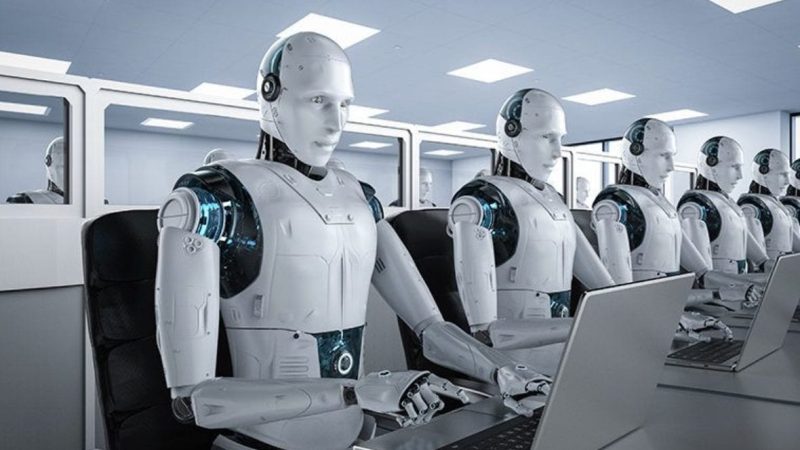Tech giants to develop their own chips – here’s why
Table of Contents
Key Takeaways
- Apple, Amazon and Facebook, Tesla, and Baidu are all abandoning established chip firms and bringing in certain aspects of chip design in-house.
- Shortage of chips and disruption in the supply has forced big tech to change its strategy
- None of the tech giants are actually looking to perform the chip-development process alone.
Introduction
Some of the biggest tech companies around the globe are now looking to develop their own chips, according to media reports. Apple, Amazon and Facebook, Tesla, and Baidu are all abandoning established chip firms and bringing in certain aspects of chip design in-house.
Syed Alam, a global semiconductor lead at Accenture has told CNBC, big tech companies want chips tailor-made for their applications according to exact requirements rather than the use of the same common chips as their rivals. Alam noted this allows to have greater control over hardware and software integration while also distinguishing them from the competition.
Russ Shaw, a former non-executive director said having tailor-made chips is beneficial because they have better performance and are cost-effective. Shaw said chips specifically designed for specific companies can help lower energy consumption in devices and products. It does not matter if it is for smartphones or cloud-based services.
Glenn O’Donnell, research director at Forrester declares, one of the big reasons big tech companies are thinking of getting their chips manufactured themselves is due to the shortage of smart chips and the pandemic has created a huge problem in the supply chains which led to increased efforts to produce their chips.
Big Tech giants invests in A.I. chips
Presently, it takes a mere month for a big tech company to announce a new chip program.
In the year 2020 Apple announced, it was making its own M1 processor which is now functional in the new Imacs and Ipads moving away from the original Intel x86 architecture.
Tesla is also building a Dojo chip to educate AI interfaces in data centers, In 2019, the automaker began manufacturing cars equipped with its AI chips. This chip allows onboard computer software to make decisions based on what’s happening on a road.
Baidu’s AI chip was launched last month by the company. It is designed to increase computing power and help devices process enormous amounts of information. Baidu Kunlun 2 chip can now be used in digital technologies like autonomous driving and the chip is being produced in masses.
Some Big Tech Companies are already developing their own chips
Some tech giants are tight-lipped and have not disclosed much information about their semiconductor project plans.
A report from Nikkei Asia suggests Google is close to launching their own central processing units (CPUs)for their Chromebook laptops. The search engine plan is to make it operational by the year 2023. The chips will be running on the company’s Chrome OS which is the Chromebooks and tablets.
Amazon, the world’s largest cloud service, is also developing its own networking chip to reduce its over-dependence on Broadcom. If successful the company would be able to power hardware switches that move data around networks. The company already designs many other chips.
Facebook’s chief AI scientist in an interview in 2019 told Bloomberg Facebook too is working on a new group of semiconductors that would work differently than most of the existing designs.
Tech companies to develop chips, but no manufacturing
None of the tech giants are actually looking to perform the chip-development process alone. Shaw says the design and performance are the most important aspects of the chip and manufacturing them can be expensive. Setting up a smart chip factory is not feasible because it costs $10 billion. To make it operational would take numerous years. O’Donnell claimed Apple and Google are not keen to build these chips. TSMC and Intel may build their chips.
O’Donnell noted that Silicon Valley doesn’t have enough people who are skilled in designing high-end processing units. He stated, Silicon Valley has placed so much importance on software over these past few decades, hardware engineers were seen as obsolete. O’Donnell says to do hardware is no longer fashionable Silicon Valley employs very few real silicon engineers despite its name.






